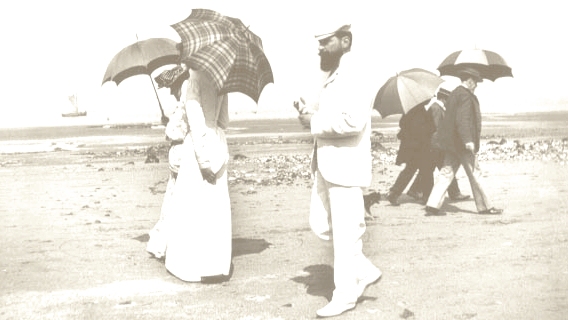'Where Does Writing Come From?'
It's as though arguing for invention and its fragile, wondrous efficacy was indelicate, wasn't quite nice. And even though arguing for it wouldn't harm or taint invention's marvels (we all know novels are made-up things; it's part of our pleasure to keep such knowledge in our minds), still I always feel queasy doing it—not like a magician who reluctantly shows a rube how to pull a nickel out of his own ear, but more like a local parish priest who upon hearing a small but humiliating confession from a friend, lets the friend off easy just to move matters on to higher ground.—Richard Ford
Wallace Stevens wrote once that 'in an age of disbelief...it is for the poet to supply the satisfactions of belief in his measure and his style'. And that takes in how I feel about invention—invented characters, invented landscapes, invented breaks of the heart and their subsequent repairs.
Granta 62: What Young Men Do
________________
Ω{It's as though, or it really is, that we only get the dots, fine as can be but dots, and we put them together, the pointilism of all the senses combined still just dots, so that in fiction, in art, there doesn't have to be anything in back of it on the other side, the way the real is hidden behind the dots we see and turned into an image of the real that is the real, for us, and all we know of it, that's what art is, to make that interface real enough to fool the mind, and then play with it.
The batting cage scene in the Cooperstown section of Richard Ford's Independence Day is an evocation of paternity, at a moment in America that was exactly that, all of it, the machine the controlled environment, the man the boy the tradition and rite of passage and the move into the unknown world of the unthinkable.
Realism is by its nature accessible, and there's a mirror of blind acceptance in the rejection of anything that's realistic in art now, as though there were only the approach and retreat from the representational and the abstract.}



